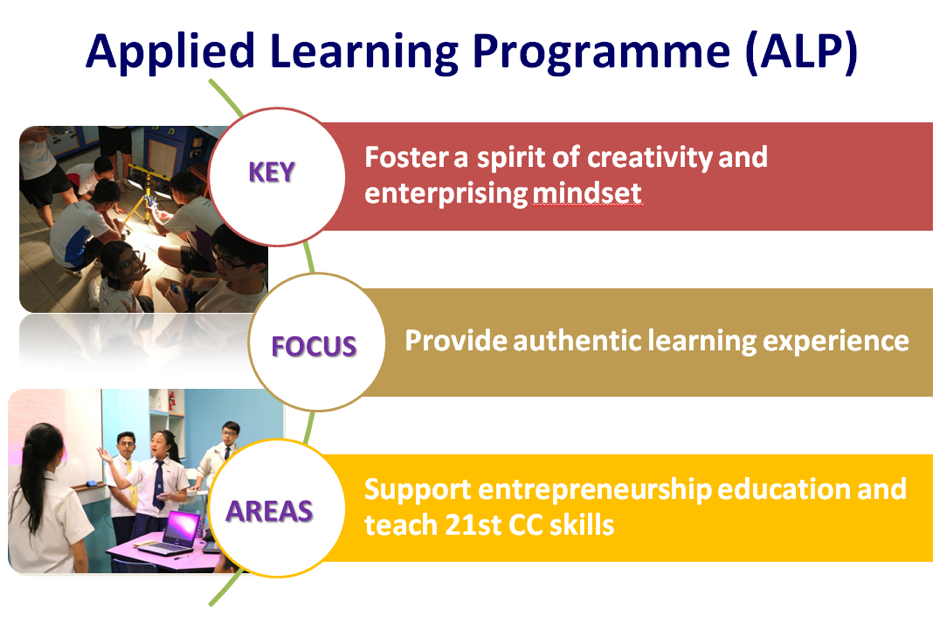How to Feed a Bearded Dragon
 Bearded Dragon Feeding Options
Bearded Dragon Feeding Options
Beardies of any age may eat a variety of insects, though the most commonly used insect is crickets. The crickets should be no longer than the distance between the lizards’s eyes, as feeding them too large of insects may cause undesirable health effects to occur. There are commercial foods that they may be fed instead of feeding them live insects. Bearded lizards generally prefer live insects over the dry commercial food, and need extra care when being feed such food.
The commercial food is dry and does not provide the hydration that live insects would, so the bearded dragon may be subject to kidney disease from not being adequately hydrated over a long period of time. In addition, fresh water should be supplied daily; fresh water left for days may induce the growth of bacteria and harm the pet reptile. Water may also be misted into the cage, and on the bearded lizards head to provide increases moisture levels in the cage. The amounts of food and nutrients required vary by age range of the beardie, below is a specific feeding requirements for each age group.
Baby Bearded Dragon Diet
Baby bearded lizards should be fed two to three times a day, and the food should always be shorter than the distance between the bearded dragon’s eyes. It is recommended to feed them small crickets, with calcium and vitamin powder sprinkled directly on the crickets. The baby dragons require high amounts of vitamins and calcium to support their rapid growth. Vegetables should also be supplied for the bearded dragons; they will generally nibble on vegetables between feedings. Vegetables are important to include in a bearded lizard’s diet at any age. As they grow older, the crickets may easily be gut-loaded and even feed other varieties of insects.
Juvenile Bearded Dragon Diet
The juvenile reptile are lizards that are four months old or older, but not quite fully grown yet. The dragons in this age range are fed similar to the babies, as they still require calcium and vitamin supplements to further support their growth into adult reptiles. Juveniles may be fed wax worms or meal worms; meal worms are not recommended for baby lizards because the meal worm’s hard shell has been known to cause impaction.
Adult Bearded Dragon Diet
For the adult of the species, vegetables should compose half of the food offered to the bearded dragon. They begin eating more vegetables as they get older, so it’s easy to feed them vegetables. The other half of the meal may be crickets, wax worms, meal worms or other insects small enough for them to consume. It is recommended for people to breed their own crickets when raising beardies so that one will know that the reptile is being fed clean insects. Insects in the wild or sold in stores may be covered in insecticides or some other type of poison that will kill a bearded dragon. The adult lizards are highly active and require large meals to keep the healthy and active.








